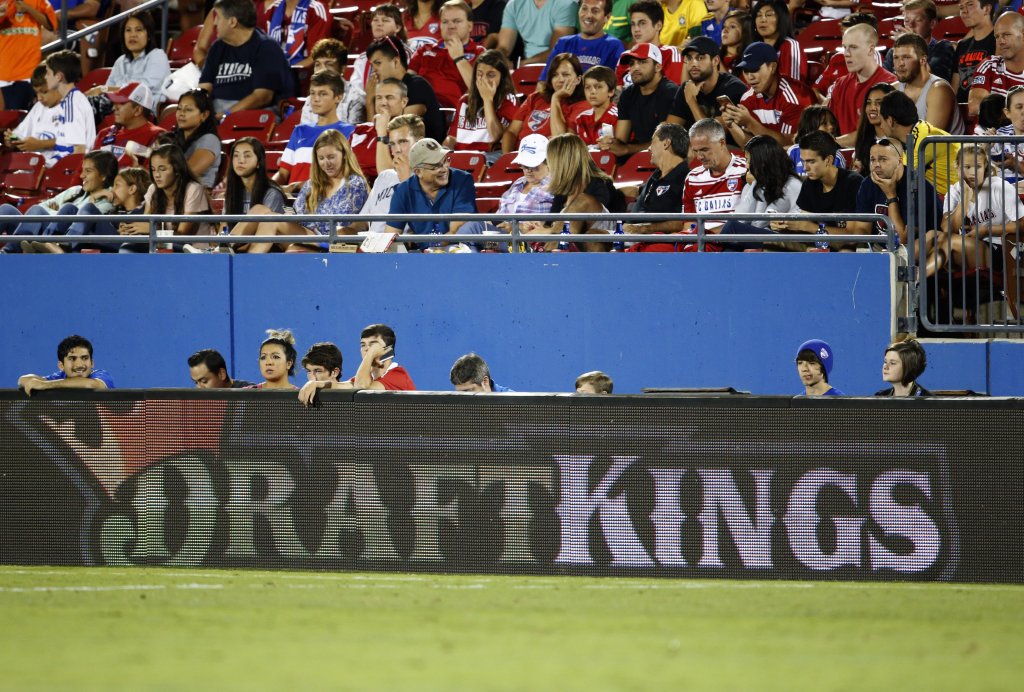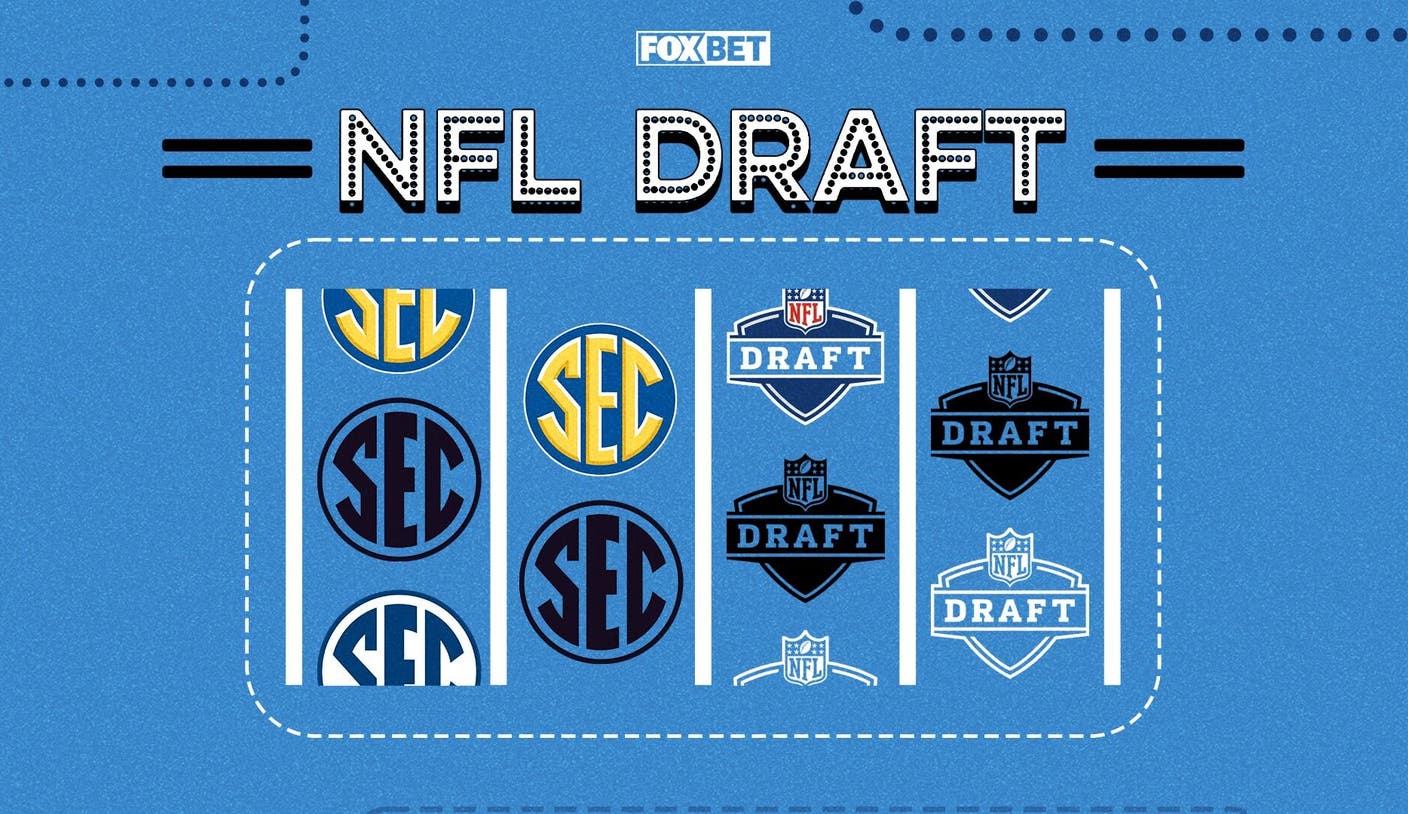DraftKings No Longer Moving Forward With Tax Surcharge Plan


by Robert Linnehan in Sports Betting News
Updated Aug 13, 2024 · 3:44 PM PDT
Sep 12, 2015; Dallas, TX, USA; A general view of the DraftKings sign board during the match with FC Dallas playing against New York City FC at Toyota Stadium. Mandatory Credit: Matthew Emmons-USA TODAY SportsDraftKings announced it has decided to scrap its tax surcharge on winning betsDecision came down to customer feedbackThe sports betting giant announced its decision a few hours after Flutter released its Q2 revenue reports
And just like that, the DraftKings plan to institute a tax surcharge on winning sports bets in four states is no more.
The sports betting giant announced its decision earlier tonight, citing customer feedback as the main reason for pulling back the plan.
“We always listen to our customers and after hearing their feedback we have decided not to move forward with the gaming tax surcharge. We are always committed to delivering the best value in the industry to our loyal customers,” the operator noted on social media and through an official company statement.


DRAFTKINGS SPORTSBOOKOfferT&Cs
Sign Up Today & Receive Up to$1,050 in Bonuses!
Excludes MA.LOCK IN PROMOSIGNUP PROMOSIGN UP& GET $1,050
BONUS BETS + DEPOSIT BONUS
GET PROMO
No More Tax Surcharge
Content:
ToggleDraftKings announced the tax surcharge on winning bets during its Q2 revenue reports on Aug. 1, citing the need to recoup losses in four states where sports betting taxes were higher than the national average.
The company announced plans to implement the surcharge in “high tax online sports betting states that have multiple operators (Illinois, New York, Pennsylvania, and Vermont) to ensure an operational effective tax rate of approximately 20%,” according to the company’s Q2 earnings report.
The plan was quickly met with consternation from customers and the industry alike.
“If you bet in IL, NY, PA, or VT get a load of this. DraftKings will be adding a SURCHARGE to be subtracted from YOUR net winnings to pay for THEIR TAX on gambling revenue. The money they make from losing bettors. Wow. Just wow,” Captain Jack Andrews (not his real name), professional sports bettor and co-founder of Unabated, posted on social media platform X.
Rush Street Interactive, parent company of BetRivers, was the first to publicly declare it would not be implementing a tax surcharge on winning sports bets.
“As we put our customers first, it was an easy decision for us,” Richard Schwartz, CEO of RSI, said in the release.
PENN Entertainment and Flutter came next, both companies noting they had no plans to institute a tax surcharge on winning bets in any states throughout the country during their recent Q2 revenue reports.
“We have no plans to institute a surcharge for winners,” Flutter CEO Peter Jackson said today during the company’s earning call.
PENN Entertainment CEO Jay Snowden also said the company had no plans to institute a tax surcharge, but did describe it as “interesting.”
So What Now?
While DraftKings is doing away with its tax surcharge plan, it’s likely that the company will institute other cost-saving measures. DraftKings may decide to cut promotional spending or offers to players in New York, Pennsylvania, Illinois, and Vermont as a way to counterbalance the high tax rates.
FanDuel will likely be doing the same, at least in Illinois, beginning 2025, Jackson said during today’s earning call.
“Our experience is that moderating levels of generosity and reducing local marketing is the best response,” he said during the earnings call.
Jackson described the graduated tax rate as “wrong” and said it unfairly punishes operators that have spent the most in a state to gain a customer base. Most states, he said, are able to find a happy medium to ensure growth and financial stability.
Both DraftKings and FanDuel will likely have to pay a 40% tax in Illinois moving forward, which taxes licensed sports betting operators at higher rates depending on their monthly sports betting performance. The 40% rate is the highest rate an operator has to pay in the state.



